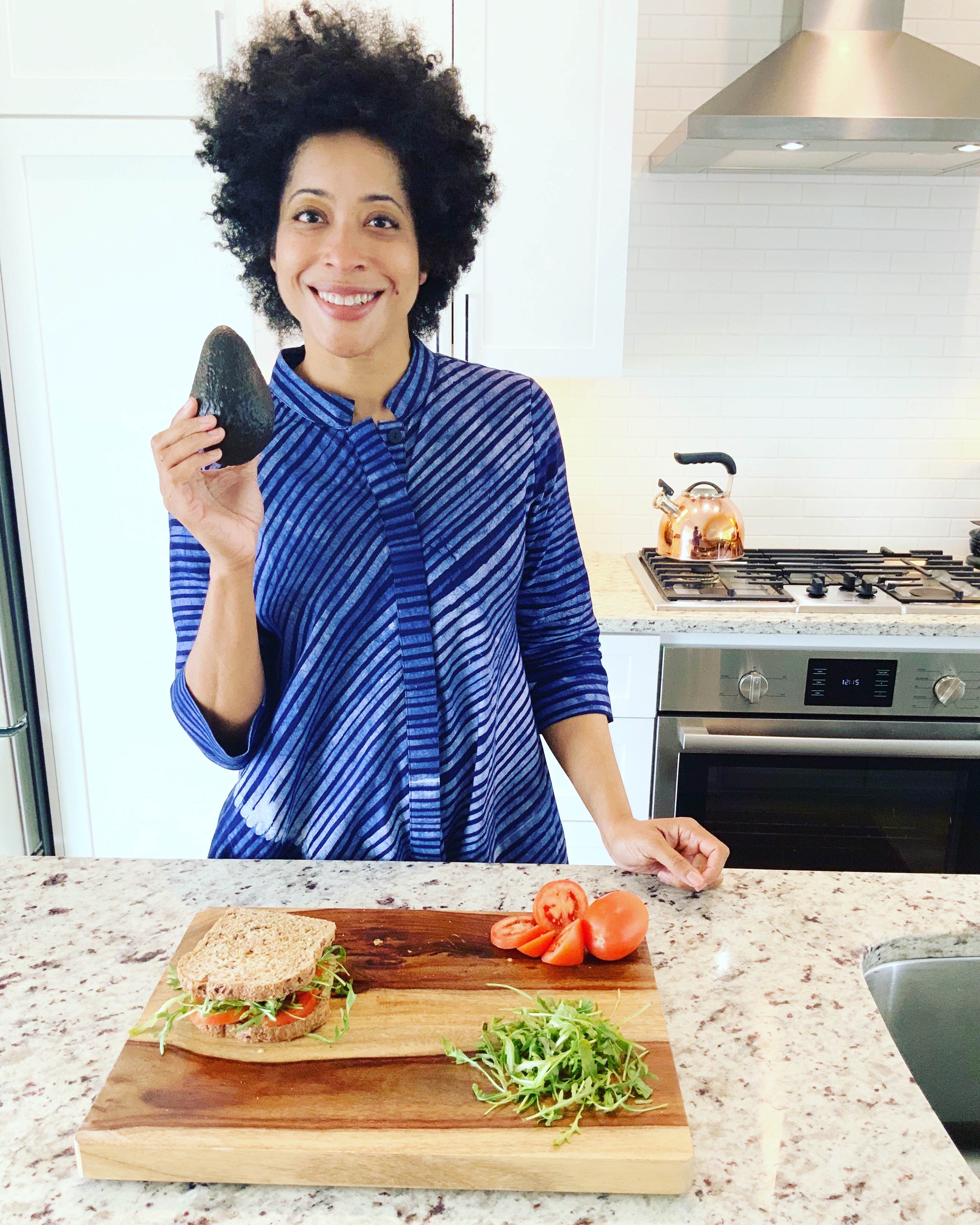“Whole Food Plant-Based diet” is a term you’re going to hear A LOT on FoodtherapyMD. It is the cornerstone of nutritional medicine, and the key to any program that professes to improve health and longevity. However, people still have questions about switching to a whole plant-based diet, mostly because we have been fed conflicting and dangerous information about health and nutrition by those that seek to profit from sickness. Here are some of the commonly asked questions:
- What does “Whole Food Plant-Based” diet mean and what can I eat? A whole plant-based diet is a way of eating that consists predominantly of plant food in its unrefined (or minimally refined) form. This includes vegetables, fruits, whole grains, beans, legumes, nuts and seeds. It minimizes (or eliminates) animal products including diary, eggs, and even fish, as well as processed white flour, processed sugar, and processed oils (including olive oil), soda (including diet), any and all processed junk food or fast foods. This is a diet that emphasizes eating highly nutrient-rich foods that supply the body with anti-inflammatory and antioxidant phytonutrients, while reducing pro-inflammatory and toxic foods.
. - Is a whole food plant-based diet the same as vegetarian or vegan? Although they share the elimination of animal protein, vegetarian/vegan is not necessarily whole food plant based. For example, a vegetarian can have a diet of white pasta, soda, beer, and potato chips, with minimal if any fresh, unprocessed vegetables. This obviously is not health-promoting! A whole food plant based diet instead focuses on consuming a large amount of healing, nutrient rich phytonutrients and the elimination of toxic, inflammatory foods.
. - Is there any place for a small amount of meat or fish in a whole food plant based diet? Although the overwhelming scientific evidence has shown the inflammatory and toxic effects that animal products have on the body, especially on the heart and arteries, there is probably a level of animal consumption that is minimal enough to not contribute to sustained chronic disease. Especially if you are eating high amounts of the anti-inflammatory, healing plant foods to offset the damage. FoodTherapyMD encourages you to aim for consuming less than 10% of your calories in animal protein, processed oils, or processed foods. We think it is best to treat animal products as a “condiment”, like ketchup or mustard. You wouldn’t eat ketchup at every meal, or even every day (unless you are 5 years old!), and when you do, it is a VERY tiny part of the plate. This will fulfill your taste for animal protein so that you don’t fall prey to cravings or feel deprived of foods you love, but also allow you to achieve true health and longevity. If you can’t do 90/10, try 80/20 or even 70/30! The point is to reduce your consumption because the less you consume, the better. Not only for you, but for the planet.
- How can I get my protein if I’m not eating meat? The fact that this question continues to be asked shows how our society has been brainwashed by the meat, dairy, and egg industries. These industries have successfully influenced the government and health agencies through billion dollar lobbying efforts to convince us that we need meat, dairy, or eggs in order to have proper nutrition. The fact is that you can get MORE THAN ENOUGH protein from plant sources, without damaging your heart, brain, or other organs, or the increased cancer risk. Whole grains (especially quinoa and millet), beans (all types), lentils, nuts, as well as leafy green vegetables contain large amounts of protein. Unprocessed soy is also an excellent way to up your protein intake. If you eat a variety of plant foods, you will never need to worry about adequate protein intake!
. - If I follow a whole food plant-based diet, can I stop taking my prescription medications? What usually happens when people transition to a whole food plant-based diet is that blood pressure decreases, blood sugar decreases, pain and inflammation in the joints improves, and you lose weight. That is because you are finally treating the actual cause of your condition (the chronic inflammation) instead of covering up the symptoms (your diabetes, high blood pressure and heart disease, etc). So if you are on medications, it is important to carefully monitor your pressure and blood sugar and if they start to get low, consult with your doctor in order to decrease the doses. Often, you will no longer require prescription drugs, but FoodTherapyMD strongly suggests that any adjustment to your medications be done with the help of your doctor.
- How can I get variety eating only plants? The plant kingdom is EXTREMELY diverse, more so than the animals we traditionally eat. And we now know that the healthiest way to eat is to consume a wide variety of phytonutrients. Eating 8 servings of broccoli a day is not as effective as eating 8 servings of 8 different vegetables. And it is important to remember that it’s not just fruits and vegetables. Much of the variety comes from the dozens of grains (quinoa, brown rice, barley, whole wheat, oats, millet, corn), and legumes (chickpeas, black beans, lima beans, kidney beans, lentils, edamame). We recognize that it can be challenging, especially if you are transitioning from a typical Western diet. Therefore, FoodTherapyMD recommends a few websites and cookbooks that can help with delicious recipes and meal plans:
ohmyveggies.com (This site has great weekly meal plans for plant-based eating)
forksoverknives.com (online, or available as a cookbook)
The China Study Cookbook by Leanne Campbell
A Plant Based Life by Micaela Karlson (also helps with your transition to a plant-based diet)
Eat To Live Cookbook by Joel Fuhrman, M.D.
Prevent and Reverse Heart Disease Cookbook by Ann Esselstyn

